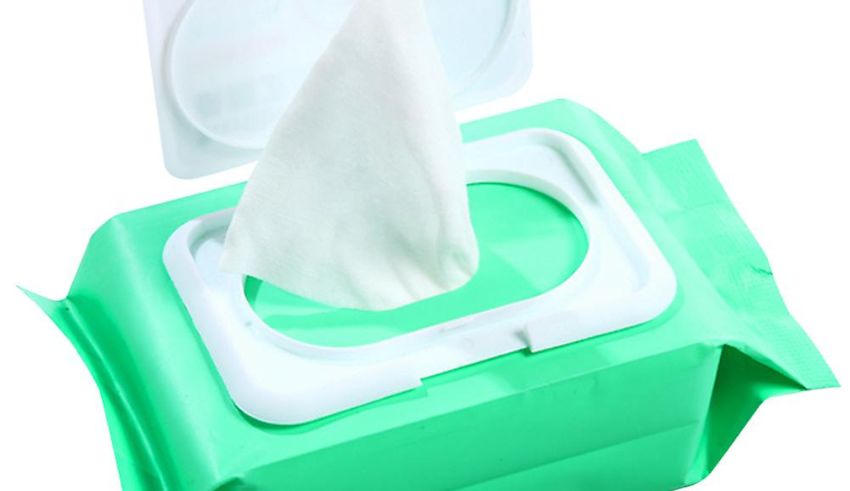
South Korea’s love affair with wet wipes is symptomatic of a global dependency on single-use products. These handy wipes have become ubiquitous in households, restaurants, and even in personal care routines. But this convenience has a hidden cost that is becoming increasingly difficult to ignore. The nation’s landfills and waterways are bearing the brunt of this throwaway culture, with wet wipes emerging as a notable culprit.
The pervasive belief that wet wipes are just another form of paper product has led to their reckless disposal. However, unlike paper, the synthetic fibers in wet wipes do not disintegrate easily. This misconception has contributed to a significant environmental problem, as these wipes accumulate in the environment, taking decades, if not centuries, to break down.
Governmental Measures and Public Response
In response to the mounting waste crisis, the South Korean government has introduced a series of measures aimed at curbing the use of plastic products. These include imposing fines on businesses that provide single-use items and encouraging consumers to adopt more sustainable habits. Despite these efforts, the battle against wet wipe pollution is proving to be a tough one, as the public continues to prioritize convenience over environmental considerations.
Keep Reading
The environmental impact of wet wipe pollution is far-reaching. When flushed down toilets, wet wipes can cause blockages in the sewage system, leading to costly repairs and operational disruptions. Moreover, as they make their way into oceans, they pose a threat to marine life, which can mistake them for food, leading to fatal consequences.
A Call for Sustainable Alternatives
Amidst this environmental crisis, there is a growing call for sustainable alternatives to wet wipes. Innovators and environmentalists are advocating for products made from natural fibers that are biodegradable or compostable. There is also a push for consumers to return to traditional methods of cleaning with water and cloth, practices that are both eco-friendly and economical.
The issue of wet wipe pollution in South Korea is emblematic of a larger global challenge. It raises important questions about how societies can balance the desire for convenience with the imperative of environmental conservation. As South Korea confronts this billion-won question, it sets an example for other nations grappling with similar issues. The path to a sustainable future is a collective journey, and it begins with rethinking the everyday choices we make.


























